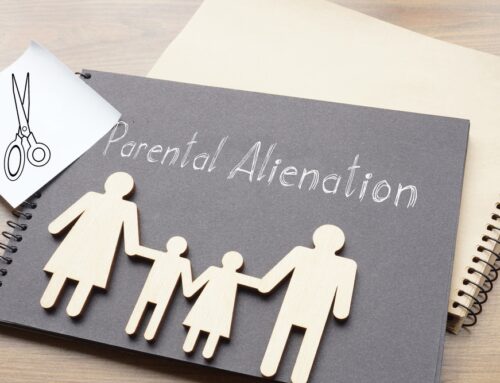When parents are separated, child maintenance is money that is used to help pay for the child’s or children’s living costs. It is paid for by the parent who doesn’t normally live with the child. Child maintenance should be used by the parent predominantly living with the child to support buying things for the child and for day-to-day living. Essentially it covers the everyday care of the child.
Am I eligible for child maintenance?
You can get child maintenance if:
- You are the child’s main carer (usually parent, but can be grandparent or guardian)
- The other parent doesn’t live with you as part of the family
Child maintenance does not affect any other benefits you get for being a single parent or for being in a lower bracket income. However, if you are entitled to council tax reduction and get child maintenance you may receive less help.
Child maintenance can be spent on the following items that count as a basic need and everyday care:
- Clothing
- Food
- Housing
Child maintenance doesn’t include private school fees as this is not seen as an essential need to be provided for.
How much child maintenance can I ask for?
It’s not so clear-cut as a lot of variables go into calculating the amount. Ultimately it depends on the parental situation.
Things that are taken into consideration:
- Age of children
- Weekly income of the parent
- Any benefits
- How many children you are paying child maintenance for
- How many children live in your household
- How much the children stay overnight with you
You have to pay child maintenance if you are:
- The child’s biological parent or adoptive parent
- Don’t live with the child as part of their family
- The child’s legal parent
If you get benefits, you’ll still have to pay child maintenance.
What options do I have to make a child maintenance arrangement?
There are 3 options to make child maintenance arrangements:
- Voluntarily with each other
- Have it calculated under the government scheme
- Arrangements by court order
If you are amicable and want to look at a voluntary arrangement, where you arrange the agreement with the other parent – this is also called a family-based arrangement.
Things to bear in mind for a family-based arrangement:
- Child maintenance is not a legal responsibility
- Can be arranged by the 2 parents or by mediation
- More flexible to allow for change and adapted based on the needs of both parties
- Are more suited to situations where both parties are amicable and collaborative
You should choose the Government child maintenance service if:
- You can’t agree with the other parent
- You can’t contact the other parent
- If you don’t want direct contact with the other parent
However, it’s important to note that you cannot apply for the child maintenance service if the other parent is in prison or is in full-time education with no income.
You should consider the courts if:
- You are the parent paying maintenance and live outside the UK or earn more than £3,000 a week
- You require more maintenance: if your child needs extra things for a disability or their education
For more information or support on child maintenance, please contact info@beestonshenton.co.uk. Alternatively, call on 01782 662424 to speak to a member of our Family Law team.




